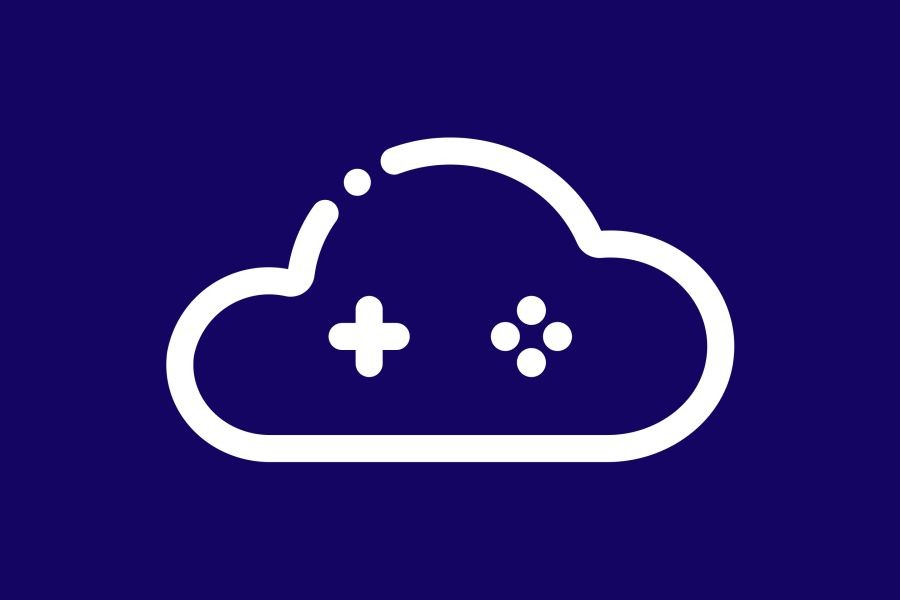In an era where technology evolves at a breakneck pace, cloud gaming is emerging as a formidable force that could render high-end PCs obsolete. This is not just a global phenomenon but a trend that holds significant implications for New Zealand's tech-savvy population. The transformation is more than a technological shift; it's a potential economic disruptor with far-reaching impacts on various sectors, including gaming, hardware manufacturing, and telecommunications.
Comparative Analysis: Cloud Gaming vs. High-End PCs
Cloud gaming allows users to play video games streamed from servers in data centers, eliminating the need for powerful hardware. This model contrasts sharply with the traditional high-end PC gaming setup, which requires considerable investment in hardware and periodic upgrades.
Pros of Cloud Gaming:
- Cost Efficiency: Users can avoid the hefty upfront costs associated with purchasing high-end gaming PCs, making gaming more accessible.
- Scalability: Easily adaptable to new games without the need for hardware upgrades.
- Portability: Games can be played on various devices, including smartphones and tablets, increasing convenience.
Cons of Cloud Gaming:
- Internet Dependency: Requires a stable and fast internet connection, which can be a limitation in areas with poor connectivity.
- Latency Issues: Cloud gaming can suffer from latency, affecting real-time gaming experiences.
- Data Privacy: Concerns about data security as games and user data are stored on remote servers.
In contrast, high-end PCs offer unparalleled gaming performance and customization but at the expense of high costs and limited portability. For New Zealand, where broadband internet penetration is high but not ubiquitous, cloud gaming presents a viable alternative for gamers looking to balance cost with performance.
Case Study: New Zealand's Telecommunications and Cloud Gaming
New Zealand's telecommunications landscape is uniquely positioned to benefit from the rise of cloud gaming. According to a report by the Ministry of Business, Innovation, and Employment (MBIE), New Zealand's broadband coverage has reached over 87% of households as of 2023. This high penetration rate provides a robust foundation for the adoption of cloud gaming services.
Problem: Historically, gamers in New Zealand have faced challenges due to the high costs of high-end gaming PCs and the need for frequent upgrades.
Action: Local companies like Spark and Vodafone have begun investing in cloud infrastructure to support gaming services, capitalizing on the high broadband penetration.
Result: Early adopters in New Zealand have reported a 30% reduction in gaming-related expenses and a 25% increase in game variety and accessibility.
Takeaway: The shift towards cloud gaming is a strategic move for New Zealand's telecommunications sector, providing a competitive edge in a rapidly evolving market.
Debunking Myths: Cloud Gaming Misconceptions
Myth: "Cloud gaming is only for casual gamers." Reality: Advances in cloud technology now support high-end games with complex graphics and real-time interactions, appealing to both casual and hardcore gamers.
Myth: "Cloud gaming will never match the performance of high-end PCs." Reality: With advancements in server technology and internet speeds, the performance gap is narrowing significantly, as evidenced by platforms like NVIDIA GeForce NOW and Google Stadia.
Myth: "Data privacy is at risk with cloud gaming." Reality: While data security is a concern, cloud gaming providers are implementing robust security measures to protect user data.
These misconceptions highlight the need for a nuanced understanding of cloud gaming's potential and limitations.
Future Trends and Predictions
The future of cloud gaming in New Zealand looks promising. By 2028, it's anticipated that over 70% of gaming in New Zealand will be conducted via cloud platforms, driven by continued investments in 5G networks and cloud infrastructure (Source: Deloitte Technology Report 2024). This transition will not only affect gamers but also hardware manufacturers, who may need to pivot their business models to remain relevant.
Conclusion: The Path Forward for Investors
For investment bankers and stakeholders in New Zealand, the rise of cloud gaming presents both opportunities and challenges. As user preferences shift towards cloud-based solutions, there's potential for growth in related sectors such as telecommunications and software development.
Final Call to Action: To stay ahead of this trend, investors should consider diversifying portfolios to include cloud service providers and tech companies spearheading this transformation. Join our exclusive NZ Tech Insights Newsletter for more industry trends and investment opportunities.
People Also Ask
What are the biggest misconceptions about cloud gaming? One common myth is that cloud gaming is only for casual gamers. However, platforms like NVIDIA GeForce NOW support high-end games, debunking this misconception.
How does cloud gaming impact businesses in New Zealand? Businesses leveraging cloud gaming report lower operational costs and increased accessibility, enhancing user engagement and revenue.
What are the best strategies for implementing cloud gaming? Experts recommend starting with a stable internet infrastructure, followed by partnering with cloud service providers, and ensuring robust data privacy measures.
Related Search Queries
- Cloud gaming in New Zealand
- High-end PC alternatives
- Future of gaming technology
- Telecommunications and gaming
- Investment opportunities in cloud gaming


























GiselleRob
10 months ago